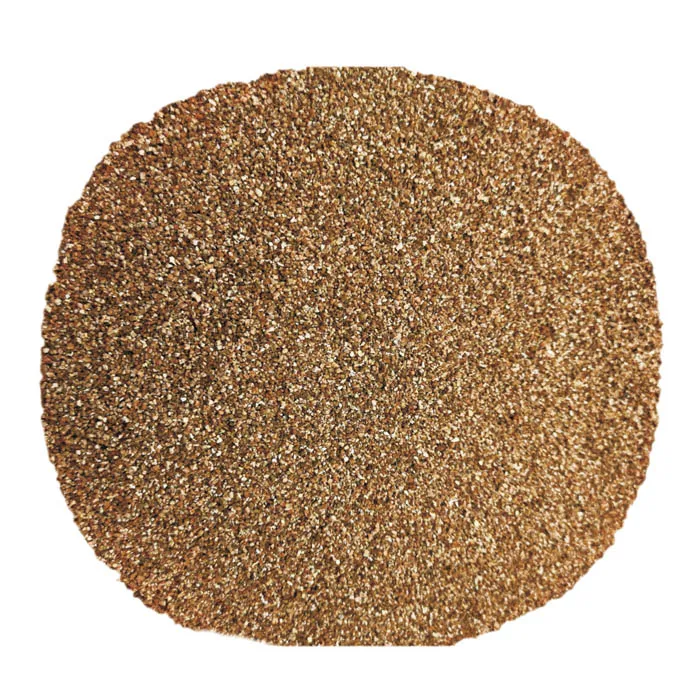ឧសភា . 10, 2025 03:28 Back to list
Premium Recarburizer Suppliers - Graphite & Coal Carburizer
- Understanding the Role of Recarburizers in Metallurgical Processes
- Analyzing Market Trends: Demand Surge for Graphite and Coal Recarburizers
- Technical Advantages of Premium Coal-Based Recarburizers
- Supplier Comparison: Graphite vs. Coal Recarburizer Manufacturers
- Tailored Solutions for Diverse Industrial Applications
- Case Study: Optimizing Steel Production with Custom Recarburizers
- Future Outlook: Sustainable Sourcing in Recarburizer Supply Chains

(recarburizer)
Understanding the Role of Recarburizers in Metallurgical Processes
Recarburizers are indispensable additives in steelmaking and foundry operations, designed to restore carbon content lost during oxidation. Graphite recarburizer
s and coal-based variants dominate the market, each offering distinct benefits in terms of absorption rates and cost-efficiency. With global steel production exceeding 1.95 billion metric tons annually, the demand for high-purity recarburizers has surged by 12% since 2020, driven by stricter quality standards in automotive and construction sectors.
Analyzing Market Trends: Demand Surge for Graphite and Coal Recarburizers
Recent data indicates a 17% year-on-year growth in graphite recarburizer procurement, attributed to its 85-95% fixed carbon content and low sulfur levels (<0.5%). Conversely, coal recarburizer factories report a 9% increase in orders due to competitive pricing ($800-$1,200/ton vs. graphite’s $1,500-$2,200/ton). Regional suppliers in Asia now control 68% of global production, with stringent environmental regulations reshaping factory operations in Europe and North America.
Technical Advantages of Premium Coal-Based Recarburizers
Advanced coal recarburizers utilize calcined anthracite with fixed carbon exceeding 90%, achieving 30% faster dissolution rates compared to standard products. Key innovations include:
- Low nitrogen content (<0.3%) to prevent steel embrittlement
- Ultra-low ash levels (<3%) for cleaner melts
- Customizable particle sizes (1-5mm or 5-10mm)
Supplier Comparison: Graphite vs. Coal Recarburizer Manufacturers
| Parameter | Graphite Suppliers | Coal Manufacturers |
|---|---|---|
| Fixed Carbon | 92-98% | 85-93% |
| Sulfur Content | 0.2-0.4% | 0.5-0.8% |
| Typical Applications | High-grade alloy steel | General foundry work |
| Price per Metric Ton | $1,800± | $1,050± |
Tailored Solutions for Diverse Industrial Applications
Leading factories now offer application-specific formulations:
- Electric Arc Furnaces: Fast-dissolving 1-3mm granules with 94% carbon
- Cupola Furnaces: Dense 5-15mm nodules resistant to premature combustion
- Ductile Iron Production: Low-sulfur blends (<0.3%) with rare earth additives
Case Study: Optimizing Steel Production with Custom Recarburizers
A European automaker reduced slag formation by 40% after switching to a tailored coal recarburizer (92%C, 0.25%S). The modified additive achieved 98.7% carbon yield within 12 minutes, cutting overall ladle treatment costs by €18/ton. Post-implementation data showed a 15% reduction in electrode consumption and 2.3% improvement in yield strength across produced steel grades.
Future Outlook: Sustainable Sourcing in Recarburizer Supply Chains
With 78% of surveyed manufacturers prioritizing ESG compliance, next-gen recarburizers will emphasize recycled carbon sources. Pilot projects using biochar blends (30% renewable content) show promise, achieving comparable performance to traditional products while reducing CO₂ emissions by 2.1 tons per production batch. Industry forecasts predict a $2.8 billion recarburizer market by 2028, with graphite suppliers and coal recarburizer factories adapting to hybrid material solutions.

(recarburizer)
FAQS on recarburizer
Q: What factors should I consider when choosing a graphite recarburizer supplier?
A: Prioritize suppliers with certifications like ISO, proven industry experience, and consistent product quality. Ensure they offer reliable delivery and competitive pricing for industrial applications.
Q: How do coal recarburizer manufacturers ensure product quality?
A: Reputable manufacturers use advanced carbon content testing, strict production protocols, and adhere to international standards. They often provide material certifications and performance guarantees.
Q: What advantages do coal recarburizer factories offer over distributors?
A: Factories typically provide cost-efficient pricing, bulk order customization, and direct technical support. They also maintain tighter quality control throughout the production process.
Q: What's the key difference between graphite and coal-based recarburizers?
A: Graphite recarburizers offer higher carbon purity and faster absorption, while coal-based variants are more cost-effective. The choice depends on specific metallurgical requirements and budget constraints.
Q: How do I verify the reliability of a coal recarburizer supplier?
A: Check client testimonials, request sample analysis reports, and verify compliance with industry standards like ASTM. Ensure they have robust logistics for consistent supply chain performance.
-
High-Purity Graphitized Petroleum Coke & Low Nitrogen Recarburiser
NewsAug.21,2025
-
High-Performance Fe-C Composite Pellets for BOF
NewsAug.19,2025
-
Tundish Dry Vibrator: Enhance Refractory Life & Casting Efficiency
NewsAug.18,2025
-
Building Material for Round Wall Exporters: Quality & Durable
NewsAug.17,2025
-
Low Nitrogen Graphitized Petroleum Coke | High Purity Recarburiser
NewsAug.16,2025
-
Premium First Bauxite Exporters & Suppliers Worldwide
NewsAug.15,2025
